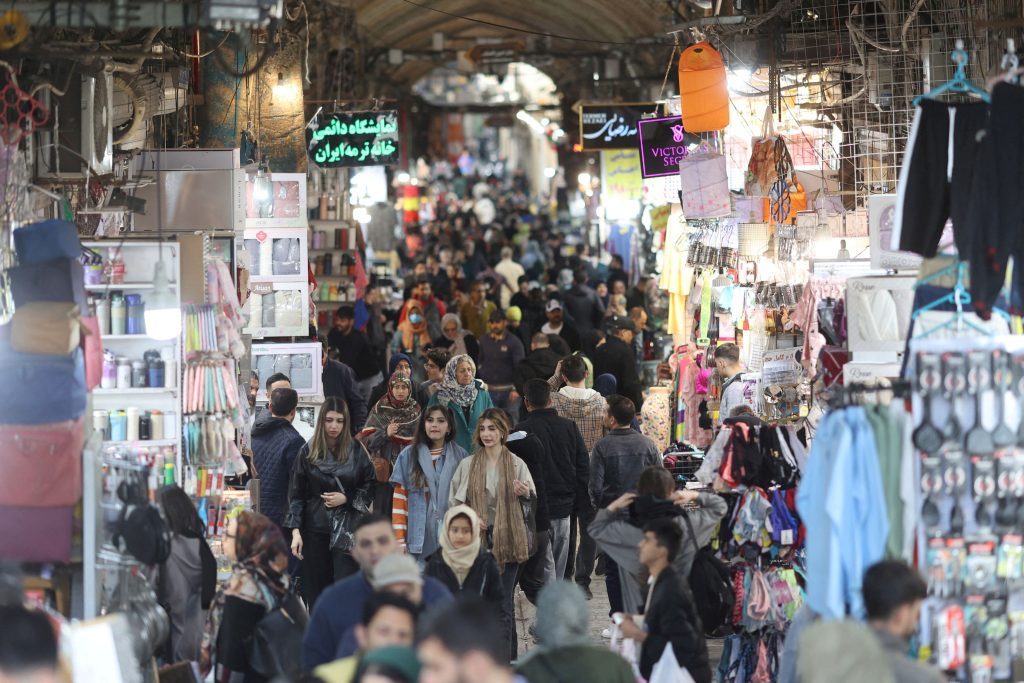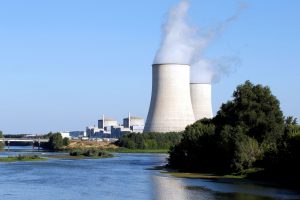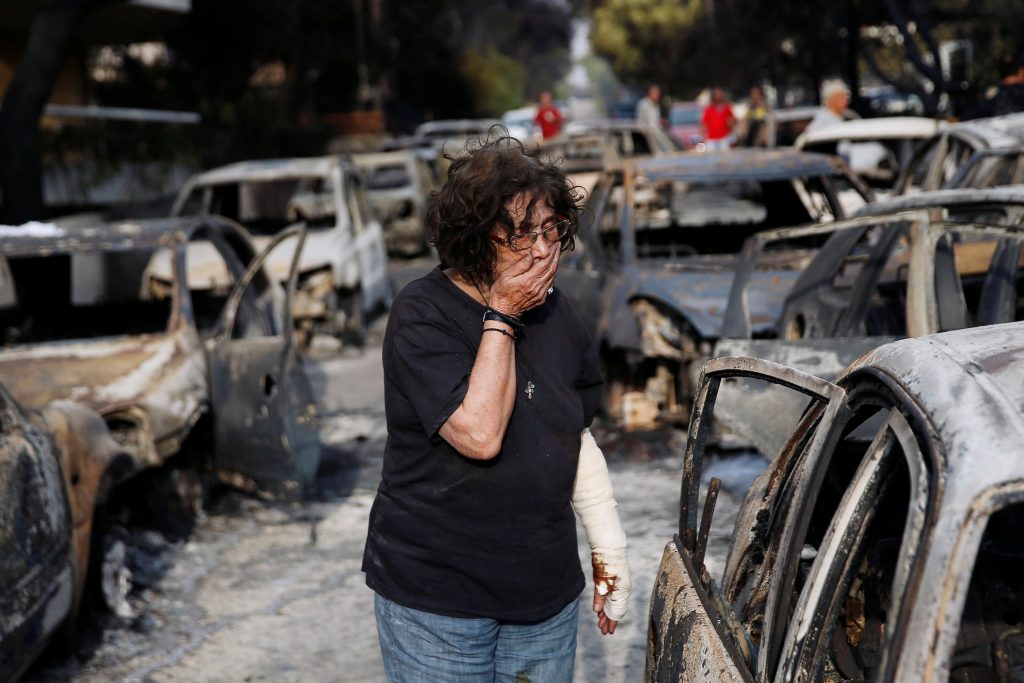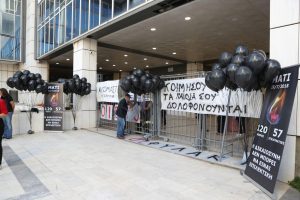Iran holds negative sentiments towards the U.S. proposed nuclear deal aimed at resolving the long-standing nuclear dispute between the two countries. The Iranian diplomat described the offer as a “non-starter” that fails to address Tehran’s key interests and leaves Washington’s position on uranium enrichment unchanged.

Iran’s Foreign Minister Abbas Araghchi meets with Oman’s Foreign Minister Sayyid Badr al-Busaidi at the Omani Embassy in Rome, Italy, May 23, 2025. Iranian Foreign Ministry/WANA (West Asia News Agency)/Handout via REUTERS ATTENTION EDITORS – THIS PICTURE WAS PROVIDED BY A THIRD PARTY.
According to Reuters, the U.S. presented its latest proposal on Saturday through Oman’s Foreign Minister Sayyid Badr Albusaidi, who has been acting as a mediator in the nuclear talks between Tehran and Washington. Despite five rounds of talks involving Iranian Foreign Minister Abbas Araqchi and President Donald Trump’s Middle East envoy Steve Witkoff, many critical issues remain unresolved.
A major sticking point is Iran’s refusal to commit to abandoning uranium enrichment—a process the U.S. views as a potential pathway to nuclear weapons development. As reported by Reuters, the Iranian diplomat noted that the U.S. proposal “leaves the stance on enrichment on Iranian soil unchanged” and lacks clear assurances regarding the lifting of sanctions. Iran demands the immediate removal of all U.S.-imposed sanctions that have severely impacted its oil-based economy. Tehran insists it seeks nuclear technology solely for peaceful purposes and denies Western accusations of weapon ambitions.
Despite this, two Iranian officials told Reuters last week that Tehran might consider pausing uranium enrichment if the U.S. agrees to release frozen Iranian funds and recognize Iran’s right to enrich uranium for civilian use under a “political deal,” potentially paving the way for a broader nuclear agreement.
U.S Vision of Iranian Nuclear Non-Proliferation
Since President Trump’s withdrawal from the 2015 nuclear deal in 2018, the U.S. has reimposed and intensified sanctions against Iran, targeting key Iranian institutions, including its central bank and national oil company, accusing them of supporting terrorism or weapons proliferation. Tehran responded by quickly violating the limits set by the 2015 pact on its nuclear program.
The 2015 deal originally required Iran to curb its nuclear activities in exchange for relief from U.S., EU, and U.N. sanctions. Yet, with the Trump administration’s “maximum pressure” campaign—including threats of military action—relations have deteriorated sharply.
For now, however, the impasse remains, with Tehran poised to formally reject Washington’s latest offer.







